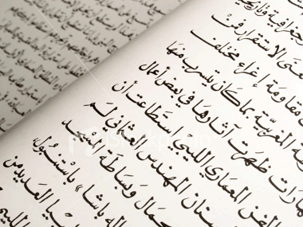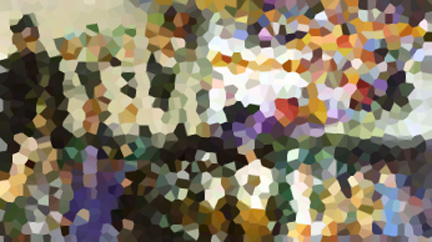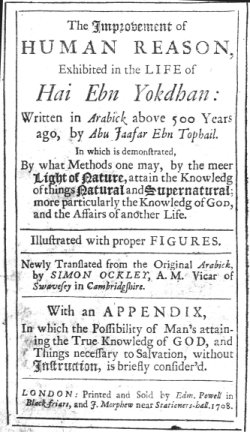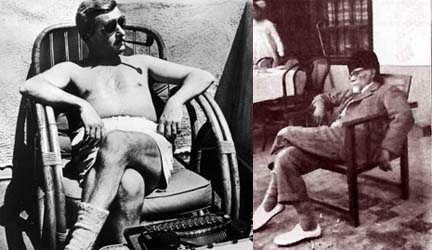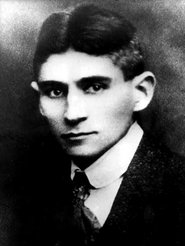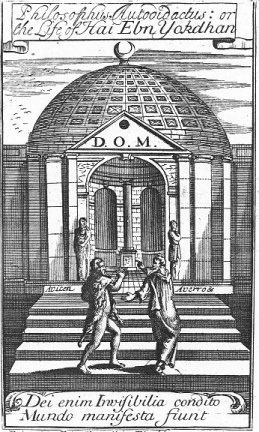
While teaching Hofstra’s Honors College Culture and Expression course this term, I suggested the text Hayy ibn Yaqzan by the Andalusian Muslim scholar Ibn Tufayl, who died in 1185 CE, as an antidote to the otherwise “Great Western” bent such courses inevitably take. Ibn Tufayl’s 12th century text is a brilliant fable built on the author’s knowledge of earlier philosophical arguments by Greek (including Plato and Aristotle) Neoplatonist and Muslim (such as Al-Farabi and Ibn Sina) intellectuals and also on the best science of his day. The plot revolves around a child stranded or spontaneously generated (take your pick) on an island, brought up by a nurturing doe and then growing through basic logic from an empirical youth to an enlightened mystic. In effect the hero, Hayy ibn Yaqzan, comes to the ultimate state of being a Muslim without ever having heard of Muhammad or being introduced to Islamic rituals and law. Ibn Tufayl turns St. Augustine’s “original sin” on its head, although still arriving at belief in one God as a First Cause, Prime Mover or Prime Sustainer.
The book is worth a read, since so many European intellectuals did in fact read it after it was translated into English by Simon Ockley in 1708. If you have ever read Robinson Crusoe or Tarzan, this book is worth checking out for its literary prehistoric value. Ibn Tufayl presents a strikingly modern view on the role of symbolism, no matter what you think of his ultimate theological spin. Here is an example from late in the book, once Hayy has gone as far as reason will take him:
Having attained this total absorption, this complete annihilation, this veritable union, he saw that the highest sphere, beyond which there is no body, had an essence free from matter, which was not the essence of that one, true one, nor the sphere itself, nor yet anything different from them both; but was like the image of the Sun which appears in a well polished looking-glass, which is neither the Sun nor the looking-glass, and yet not distinct from them. And he saw in the essence of that sphere, such perfection, splendour and beauty, as is too great to be expressed by any tongue, and too subtle to be clothed in words; and he perceived that it was in the utmost perfection of delight and joy, exultation and gladness, by reason of its beholding the essence of that true one, whose glory be exalted. Continue reading A Philosophical Tale
